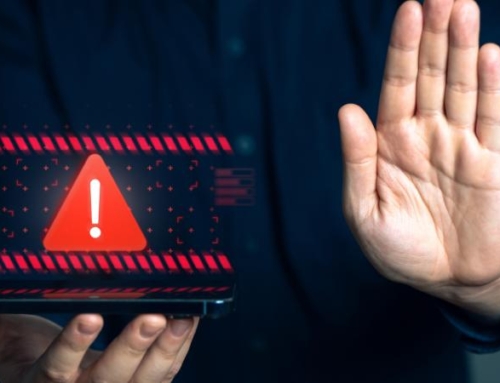In December 2016 we wrote about the sad case of Bellman vs Northampton Recruitment. This looked at whether employers can be held liable for issues occurring after an office Christmas party.
It’s well established in employment law that a Christmas party should always be considered as an “extension of the workplace”, but this case looked at whether this was still the case when a number of the employees went on to subsequent drinks at a hotel.
Northampton Recruitment’s Christmas Party
The company had three directors and shareholders however the Managing Director, John Major, was considered the “directing mind” by the court and made all of the day to day decisions about its running. The main client was a round-the-clock driving operation and Mr Major was available for consultation and decision making for the majority of the week, including outside of office hours.
The 2011 office Christmas party was attended by most of the company employees and many of them went on to drinks at a local hotel where they were staying afterwards. The company paid for taxis to the hotel and bought most of the drinks that evening. In the early hours there was an argument between Mr Major and Clive Bellman (a Sales Manager) about a new member of staff, following which Mr Major gave everyone a long lecture about his authority over them. Mr Bellman asked further questions at which point Mr Major punched him to the floor where he hit his head, leaving him with serious long-term brain injury.
Could the company be held vicariously liable?
In the 2016 High Court case, the judge decided that the company could not be held vicariously liable for Mr Major’s actions as it was an unplanned private drinking session and not an extension to the company’s Christmas party.
The Court of Appeal disagreed with this, concentrating on two key factors specific to the facts of the case:
- the nature of Mr Major’s job; and
- whether his job was sufficiently connected to the assault to mean that the company should also be held liable
The court decided that Mr Major was the main shareholder and director, the driving force behind the company and had full control over his role. This meant that when he gave his lecture to the staff at the drinks afterparty, he was wearing his Managing Director’s hat and emphasising his authority over the other attendees. The afterparty itself was not a purely social event coincidentally involving work colleagues, but instead a follow-on from an organised work event attended by most of the company’s employees with drinks and taxis laid on.
The Court of Appeal’s conclusion was that there was a sufficiently strong connection between Mr Major’s behaviour and his role within the business, and therefore the company was vicariously liable for the assault.
Understanding vicarious liability
Workplace events can be a minefield for employers, particularly where alcohol is freely available. Drinks after work, networking meetings and parties can all fall into the “extension of the workplace” definition and employers can find themselves liable for inappropriate behaviour. At Backhouse Solicitors we regularly see cases of bullying, harassment, discrimination, violent behaviour and worse.
It’s not just employers that need to be careful – most employees aren’t aware that they can be named in Employment Tribunal claims and can have financial awards against them. They also aren’t likely to have any kind of insurance to cover them as an employer might have.
If you are an employer who needs advice on a workplace event, or an employee who has been affected by the fallout from an event then Backhouse Solicitors are here to help. Contact us today to book a free 30 minute consultation with one of our expert employment law solicitors.
The Backhouse Solicitors Team
Tel: 01245 893400






